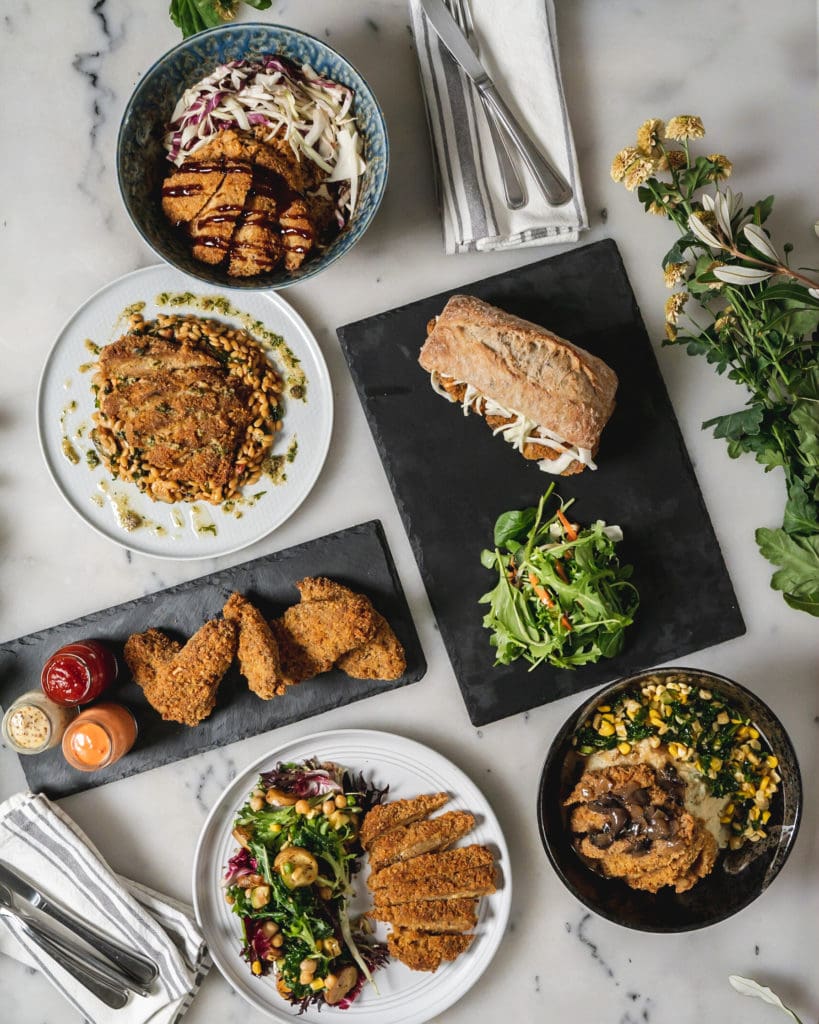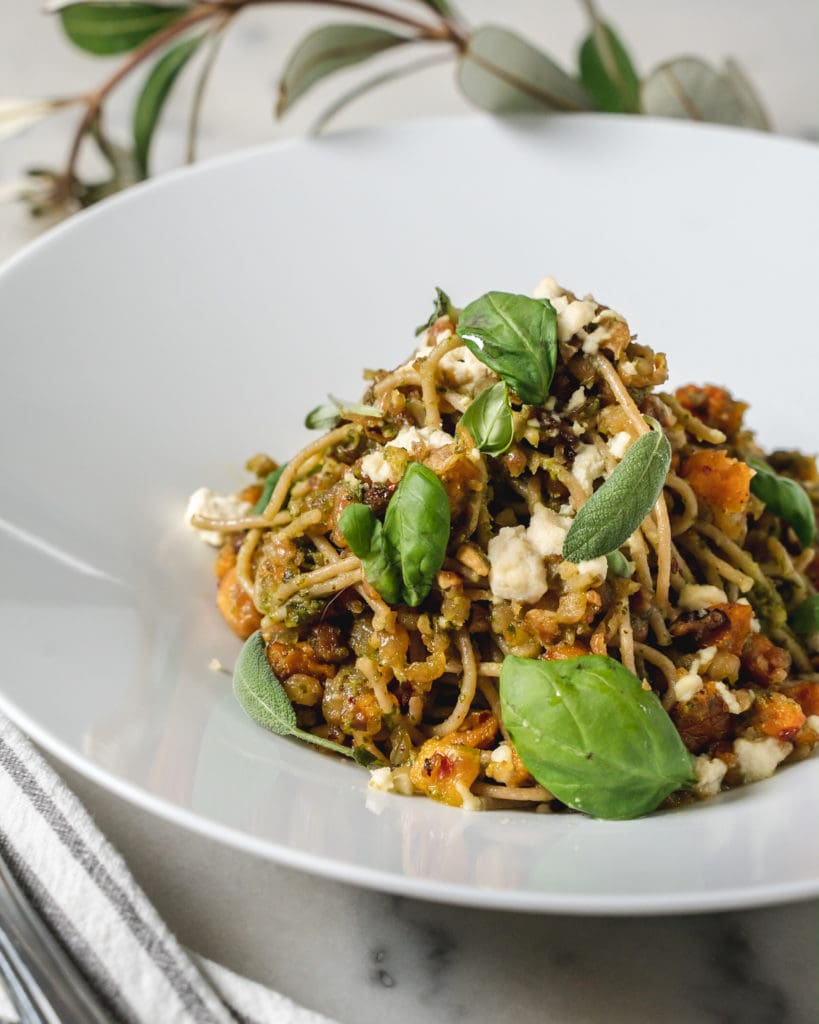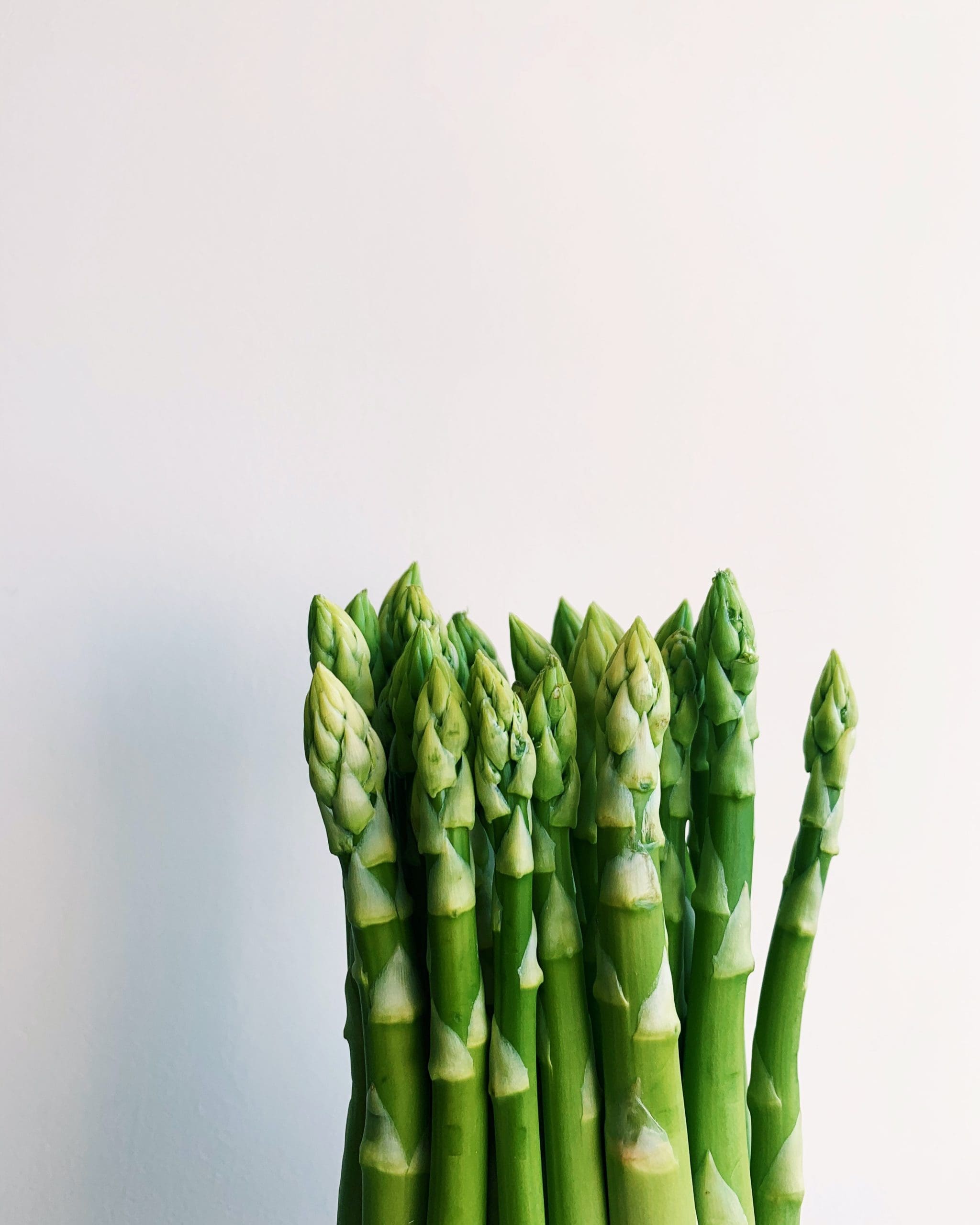With Vancouver’s Planted Expo around the corner, the need to talk about the benefits of eating a plant-first diet is at its peak. British Columbia is the province with the highest share of vegetarians and vegans and we know meat and dairy alone account for 14.5 per cent of global annual greenhouse gas production—so it’s no surprise that for a while now, Canadians have shown a growing interest in cutting back on meat consumption. But going vegetarian or committing to eating less meat is easier said than done. It’s time consuming to figure out how to best create a well balanced, nutritious meal. It’s even more challenging to then diversify our own plant-based at home menu to ensure variety and nutrition for our families all week long. Marie Grapé is the head chef at Manna Sacred Meals, a Vancouver plant-based ready to eat meal delivery service for the Lower Mainland. Marie’s career has focused on ensuring plant based meals are accessible and enticing to everyone, so we can all do our part in slowing down the negative effects of climate change. We spoke with Marie to get her advice on how to get started on the path to plant-based eating. —Noa Nichol

Hi Marie! Please tell us a bit about yourself to start.
My name is Marie Grapé and I am the chef and co-founder of Manna Sacred Meals. I have been cooking from a very young age; growing up I used to spend a lot of time in the kitchen with my mom and grandma preparing meals for our family and friends to enjoy. Fast forward to high school and I knew right away my career had to follow a culinary path, that was 15 years ago! Despite my natural passion for cooking, it was not the easiest choice to make since I had to manage my family’s expectations to become a nurse, just like my mom. Fortunately, I managed to convince my parents to take a gamble on my passion for food and enrolled at Dubrulle Culinary Institute. Following my graduation, I ventured through many fine dining restaurants in our city, eventually deciding to make the shift to catering as it offers a more balanced and less fast-paced every day.
When and why did you launch Manna Sacred Meals? What niche were/are you aiming to fill? What products/services do you provide, and what makes them unique?
As a Filipino-Canadian woman, I grew up being used to a high meat, sugar and fat diet. But in time I found out that I have an autoimmune disease, which meant I had to take a step back and consider how my food habits were affecting my health. I felt compelled to defy traditional medicine and normalize my autoimmune disease so that everyone out there who needs to stick to a plant-based diet for health reasons can not only do so easily, but can also enjoy the same breadth of variety in flavours and textures as everyone else. The appetite for this type of meal service became clear to me when I began catering. Our food made such a positive impact in our clientele’s experience! So, Manna Sacred Meals was born—ready-made meals that can be enjoyed at any time. Manna comes from this perfect storm of identifying interest in ready-made meals, and a growing need for making the health and social benefits of a plant-based diet more accessible. Manna was born in November 2020 and it is a plant-based ready-made meal delivery service based out of North Vancouver. The key thing to note right away is that “ready-made” bit. We make nutritious, plant-based meals that are already cooked for you. All components you need for each meal come cooked and seasoned in vacuum sealed packaging ready for you to heat up, assemble together and eat—which is not something other meal delivery services offer. In terms of reach, we service as far east as Chilliwack through Greater Vancouver and up the Sea to Sky as far as Whistler. Manna is for everyone, not just vegans. Our niche is actually everyone who is even a tad bit curious to explore how diverse and delicious plant-based meals can be. We believe plant-based meals are better for both our individual health and for the planet and life on it. Manna also makes eating plant based meals incredibly easy and convenient. Let us worry about the nutrients, the ingredients, spices and recipes. All you have to do is spend 10 minutes heating it up and you’re set! So our meals are great for anyone looking to incorporate more plants into their diet, anyone who is working from home balancing out childcare and work and has no time to cook, and anyone who is just busy—period. Caretakers, people commuting to the office who can’t find time to put together a meal to take with them, parents who don’t have time to prepare a healthy lunch for their kids—the need is endless and we are here for you! A couple other things that make Manna unique aside from the “ready-made” and convenient aspect to it is that it is a women-led business, a member of the Recycling Council of BC. We worked hard to find the least amount of packaging that still offered our customers the most convenient and safe reheating experience. Manna also gives back. We have a partnership with Charitable Impact where 5 per cent of subscription fees are donated to a Canadian charitable organization of the customers’ choice. Lastly, we are an industry leader, disrupting the collective perception of plant-based meals, and making it super easy for people to jump onboard and do their part in reducing the immense carbon footprint that comes from consuming animal products. Manna’s meals are nutritionally balanced to ensure each portioned meal provides a third of your DRA so that whether you are fully plant-based or plant-forward, you are properly fueled. And we help our subscribers save at least 40 hours a month by taking the cooking off their hands!

What are some of the top benefits of eating a plant-first diet?
There are so many! First, it’s good for your health. Packing in the nutrients found in the whole foods that we are fortunate enough to have access to in this beautiful province helps our minds and bodies function at its best while also known to support faster recovery. Perhaps of most importance is the fact that a plant-fort diet is good for our environment—everything we eat releases greenhouse gases. Food production contributes around 37 per cent of global greenhouse gas (GHG) emissions. Plant-based diets have the lowest Co2 emissions. If we collectively moved toward incorporating more plant-based into our eating habits, we could significantly improve the negative impact we are having on our planet. Lastly, is the fact that when committed to it, a plant-first diet actually saves you time in the kitchen! These days, time has become our most precious currency. Plant-based entrees and recipes take much less time to prepare when compared to meat-based recipes as vegetables cook in minutes and meat products usually double if not triple the time.
What are some of the roadblocks or challenges people may face in going vegetarian or committing to eating less meat?
The first challenge is that the change seems really daunting. Thinking about prepping veggies and coming up with recipes outside salads can be stressful to people looking to shift to a plant-first diet. We’ve all been conditioned to have meat with each meal. A second challenge is the process by which people shift. Too often people shift overnight without having done any research into what a healthy plant-based meal looks like. They end up eating just a random mix of veggies for a few days and feel ill, blaming a lack of nutrients on the plant-based lifestyle. The truth is that a healthy, plant-first diet is achievable for everyone, but it does take some consideration on the individual’s part to research and follow nutritious recipes while they get acquainted with a new range of ingredients. This is why we launched Manna, we take all that burden away and allow people to fall in love with the benefits and flavour of great plant-first meals!
What are some of your top tips or best advice to help alleviate these difficulties?
First things first—be open minded and be proud of your efforts! This practice takes time, so be kind to yourself and be patient. Starting out flexitarian (choosing to have a few plant-based meals a week) is easiest for many. Most importantly, allow yourself time to figure out what you like and what you don’t – do not give up right away just because the lentil bolognese pasta does not taste identical to a meat bolognese pasta. The goal is not to replicate meat products to the T, but to provide a delicious meal that will satiate your hunger, keep you well nourished and support the healing of our planet at once. Second, start with a meal prep company to help with an easy transition into plant forward eating, the more you taste new flavour pairings, the more refined your palette will be towards incorporating more vegetables—and the more inspiration you’ll have to jump into preparing plant-first meals in your own kitchen. Lastly, Try and find your plant based favourites, start with identifying your favourite non-vegan entrees and try the version without meat to see if the substitution is right for you. Slowly, you’ll grow more adventurous from there.
Can you recommend three ingredients that will take our at-home plan-based meals to the next level?
- Nutritional Yeast: It’s healthy, nutritious and it adds a cheesy and umami note to your meals.
- Nori: It is so versatile! Blended or thinly sliced, you can add it to your stir fry, rice or noodles. You can also give making your own sushi at home a go! It also makes for a great staple in your marinade when you want to create a seafood-inspired entree.
- White Beans: blended or roasted. They are a great added protein to many dishes. Believe it or not, you can puree them into any cream-based sauce or dressing resulting in a higher protein sauce that is still creamy. White beans blended with oat milk make a great gluten-free bechamel, one of the well-loved mother sauces.

What are some of the keys to meal prepping efficiently and effectively?
Just like we would do in any busy kitchen in our city, plan ahead; organization makes curating your meal prep much less time-consuming. Write your create an at home menu for the week, you end up with a grocery list for items that you know you’ll need which makes grocery shopping much easier, too!
Any suggestions when it comes to plant-based meat substitutes that can ease the transition into a flexitarian lifestyle?
It takes a bit of sampling before you have your go-tos, but here is a good list to start:
- Seitan definitely gives you the protein and helps bind other flavours to give you that meat texture. There are tons of recipes out there to make your own sausages, steak bites, etc. The only downside is that it does contain gluten.
- If you follow a gluten-free diet, jackfruit and mushrooms are a win for brisket or meaty pulled pork vibes. I also love coating pressed tofu with starch and frying it up to make crispy chick’n, you can literally toss this in any sauce and you are winning. Battered oyster mushrooms of course make great fried chick’n. Marinated banana blossoms are great for fish and chips. Hearts of palm are a great calamari substitute. Once you start exploring, the options are endless.
- If I go for quick and easy and buy a meat alternative directly from a store. I try my best to review the labels to see which meat alternatives provide the cleanest option. At MANNA, we make all our own plant-based meats for this reason so it is very clear for our customers what they are putting into their bodies.
Finally, what’s your absolute fave, go-to plant-based meal?
Mom’s vegan Lumpia (spring rolls) with a spicy garlic vinegar dipping sauce, eaten either with vegan pancit (vermicelli noodles stir-fried with vegetables) or plain rice—classic Filipino style. It’s so comforting, nostalgic and tasty!

Be the first to comment